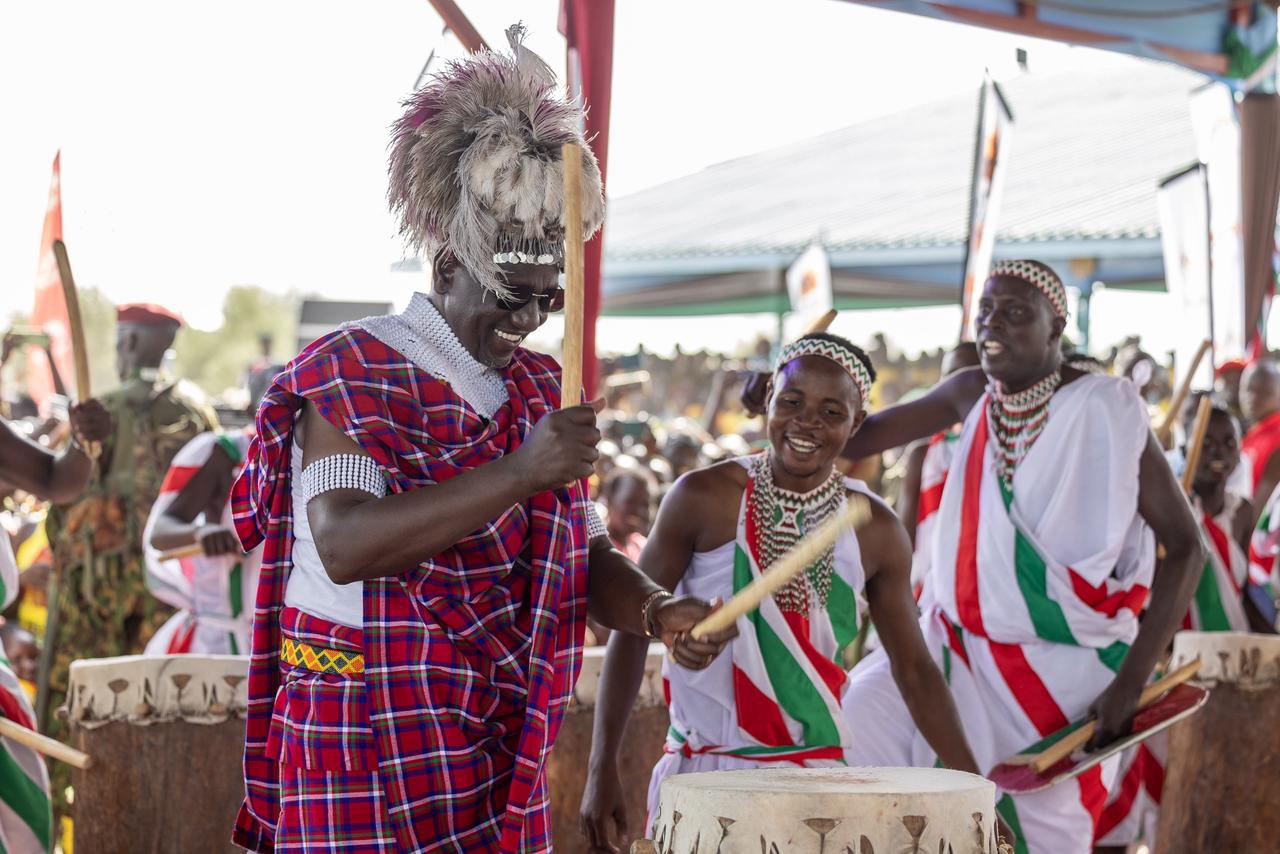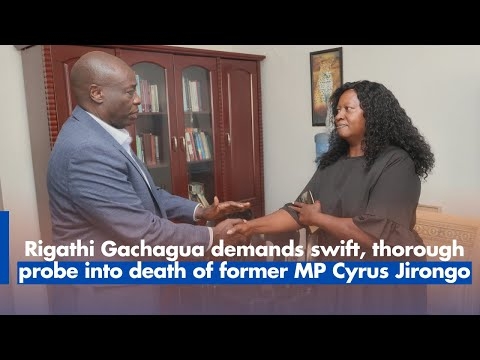After 10 years of deferred expectations, Homa Bay county says good riddance to Governor Cyprian Awiti and his complicit executive. They leave without much to show for the Sh70 billion the county received during their term.
The outgoing governor was a good dancer, with the joviality of an old-young man. At about age 80, Awiti had the mannerisms of a happy-go-lucky youth.
Awiti was a free-going, pleasure-seeking man. He lived like he was catching up on the leisure and pleasure he may have missed as a young man. The moniker, Wuon Danjo, or the Owner of the Music, summarised the man.
Awiti grew up in the Mawego area of Karachuonyo, whose entertainment hub was Kendu Bay. A rural town with a big name, that came with the notoriety of the bad and the good. Old Kendu Bay Town belongs to the 1970s when the cotton economy bloomed.
Musicians – the late George Ramogi, Collela Mazee, Awino Lawi, Owino Misiani, and others – marketed Kendu Bay, Awiti's home town, beyond its potential.
Kendu Bay Agricultural Show, which was popular during Awiti's youth, was a memorable festival. Daughters of Kendu Bay, and their brothers, cousins and uncles working in other towns would return for the August Fest.
Live bands, with Owino Misiani and Collela Mazee leading the troupes, were the centre-piece of the occasion. The bands, the best of Luo heritage, attracted revellers from farther afield.
Kendu Bay pier, linking the town with Kisumu, was bubbling with pleasure-seekers. Kisumu, 100km away by road, was a steamer sail across Lake Victoria, a fresh mass with sparkling blue waters.
Awiti may have missed the good life of his generation, but the attractions of his milieu give the background of the county's pioneer governor.
The man always entertained his peers with wild dances. His spectacular moves were echoes of the man's good old days. At such times, he carried a facial impression that said, 'when we were young....'
Awiti worked in Homa Bay, but lived and enjoyed benga nights in Kisumu, for a good part of his first term. The governor would arrive in Homa Bay at 10am for the day, then leave a 4pm for his residence in Kisumu.
The convoy always sent the message of the other side of devolution. The county executive worked and lived under pleasure, without pressure to deliver the promise of devolution.
Awiti leaves office, a decade later, with unfulfilled promises. The skeletal county stadium is stalled. The town market is incomplete. The county referral hospital is a rusty, dusty structure built in 1957.
The old Masawa Hotel houses the governor's office. The official residence of the governor wasn't a priority. The county assembly occupies the old municipal hall, where Nyayo-era councillors met.
The multibillion-shilling agri-city illusion of 2013 collapsed. An unexplained Sh200 million was lost to brokers. Kigoto maize mills, Olare pineapple plant and Kabondo potato factory are ghost projects.
The Gendia-Kadongo Road, cutting through Mawego, the governor's rural home, is a patchwork of neglect.
Awiti's legacy embarrasses the county of the late Odhiambo Mbai, the intellectual face of devolution. Dr Mbai, a former lecturer at the University of Nairobi, was assassinated during the labour pains of the 2010 Constitution. Gunmen killed Mbai in his house along Ngong Road, Nairobi.
Mbai led the devolution brain-trust at the Bomas of Kenya, where citizen-delegates convened to draft the second constitution.
Awiti started out as a go-to guest of honour for community harambees in Homa Bay and beyond. He was a generous politician tutored in the Nyayo-era school of handouts.
The county director of an NGO, and a senior official of the Gor Mahia Football Club, Awiti was a household name, long before he ran for public office.
Governor Awiti will be remembered as the architect of the county's wasted decade.
“WATCH: The latest videos from the Star”













